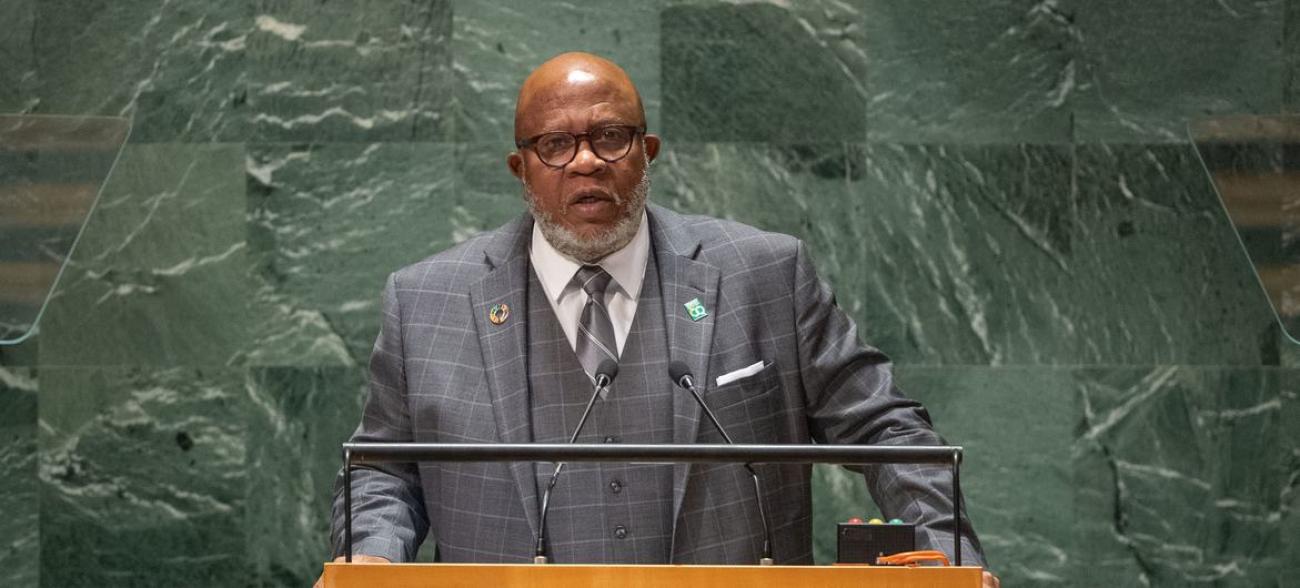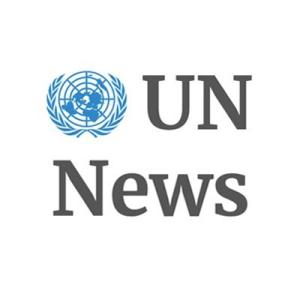The General Assembly’s annual debate concluded on Tuesday, with global leaders stating that while the United Nations faces institutional challenges, it remains the paramount platform for crafting collective solutions to humanity’s challenges.
Over the past week, the UN’s principal organ with universal membership heard Heads of States and Governments who outlined various challenges, from the existential threat of climate change to the misuse of artificial intelligence.
Assembly President Dennis Francis, in his closing address, highlighted the continued relevance of the General Assembly and the United Nations’ unwavering commitment to delivering peace, prosperity, progress, and sustainability to people around the world.
“These developments are a welcome reminder that the United Nations remains focused on the collective challenges of our time,” he stressed.
Addressing ongoing conflicts globally, Mr. Francis offered his assistance in facilitating peace and friendship dialogues between nations or groups in conflict, stating, “be assured that I am at your service.”
Massive turnout
Preliminary figures indicated that this year’s high-level week witnessed the largest gathering of world leaders in person at the UN Headquarters in New York since the pandemic, with some 88 Heads of States, 42 Heads of Governments, and over 650 ministers in attendance.
Top officials took advantage of this massive turnout to engage in more than 2,000 bilateral meetings.
Furthermore, over 13,000 country delegates, 2,600 members of the media, and more than 40,000 other participants were registered for the general debate and its over 100 associated events.
One such event was the kickoff SDG Action Weekend on 16-17 September, which brought together civil society, businesses, youth, scientists, local and regional governments, and other stakeholders to mobilize coordinated efforts toward realizing the 2030 Agenda for Sustainable Development, adopted by all 193 UN Member States in 2015.
Determination and commitment
Deputy Secretary-General Amina Mohammed, summarizing the high-level week, noted a collective determination among all stakeholders to achieve the ambitious development agenda, especially at the halfway mark in pursuing the SDGs.
Speaking to reporters in the afternoon, she also highlighted the importance of resources, citing the growing burden of debt on many countries, preventing them from adequately funding essential services in education and health.
“We are short of the resources but that’s why we’re pushing for the SDG stimulus. That is a low hanging fruit. That is something we can do with existing resources and institutions. And I hope by the end of this year, we'll have something to say about that.”
Additionally, Ms. Mohammed pointed out that a significant number of commitments were made at the Climate Ambition Summit.



